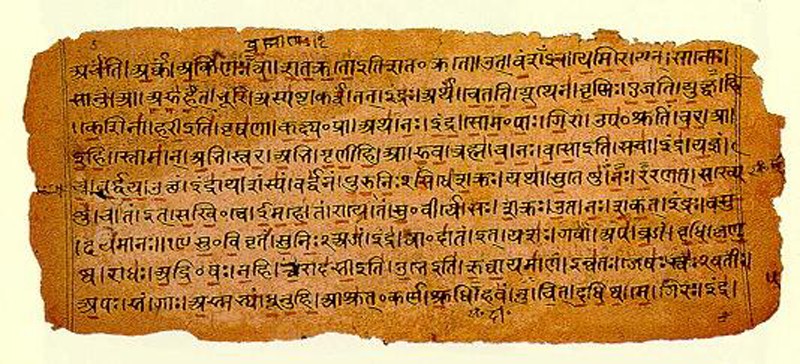The word "Veda" means Knowledge in its literal and truest sense. Vedic scriptures have been a source of perfect knowledge for millennia and a way to attain enlightenment for everyone.
The Vedas, which arose from the soils in ancient India, is a source of pride for every Indian. It has provided wisdom that has been beneficial to generations of people all over the globe, not only in India.
You can also take admission into Vedic Institution if you are interested in learning Vedic studies.

Image Source: Google
Vedas and other Indian scriptures discuss real-world issues such as finance and management. These issues are also addressed by Vedas, which provides timeless solutions.
The Vedic scriptures also contain a wealth of scientific knowledge, including astronomy and mathematics.
The Surya Siddhanta, Charaka Samhita, and other books provide insight into astronomy as well as human biology.
William James, an American philosopher, rightly stated that "From Vedic scriptures, we learn the practical arts of surgery, medicine and house building under which mechanized artwork is included."
He said they were the encyclopedias for life, culture and religion, science, law, ethics, cosmology, meteorology, and other topics.
Understanding Vedic scriptures-
A common misconception is that people believe understanding the Vedic scriptures is equivalent to applying the values they teach in an educational institution. This is why secularism is not upheld.
The British created the term "Hinduism" during their Imperial rule to distinguish, classify and divide the followers of Islam from those who follow the Vedic Religion. Sanathana Dharma, which means "A founder's religion", is the name of Hinduism. This translation reveals that Vedic culture is a way to live and not a religion.

